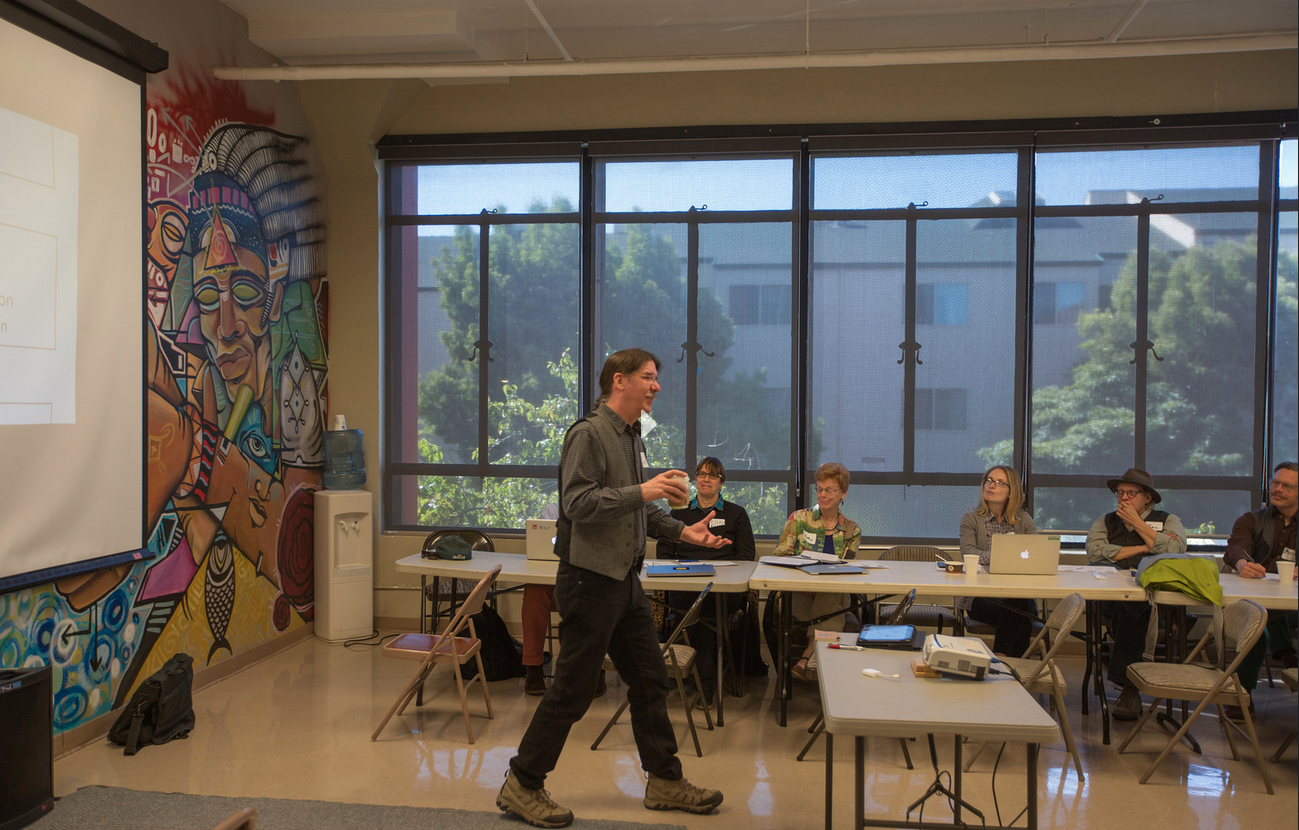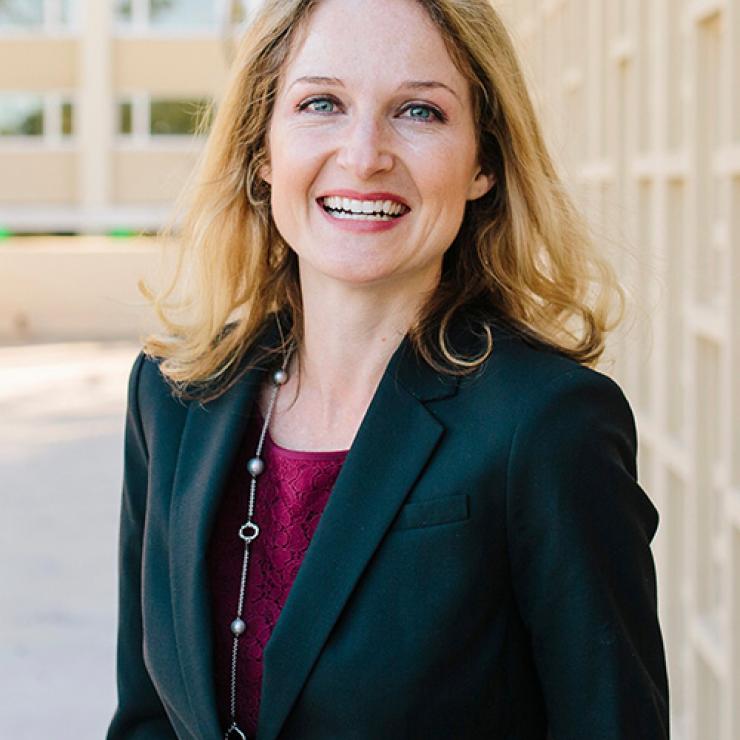Teaching, Research, Service – and Social Change: Prioritizing Community-Engagement
Erin Brigham
Adjunct Professor Catholic Theology and Ethics
Like many faculty who integrate community engagement into their teaching, I find it easy to surround myself with people who pat me on the back and cite research that supports my pedagogy. Studies have shown and my own experience has confirmed the potential of experiential education to transform students. And through community based teaching, I have found true co-educators who share my passion for forming students to be agents of social change—at least when they graduate. But is it enough for educators to plant seeds for future change when the demand for social justice is now? I have been wrestling with this question since attending Randy Stoecker’s workshop on community engaged scholarship. Stoecker’s approach prioritizes social change over student learning—a reversal that I find both invigorating and unsettling for my work at the University of San Francisco.

Dr. Randy Stoecker, professor of sociology at University of Wisconsin, Madison and a leader in the field of community-engaged research, recently held a full-day workshop with the University faculty and community partners
Perhaps my most important take away from the workshop was Stoecker’s challenge to think about who does the labor of research and teaching in a university/ community partnership. I have taken for granted that reciprocity—the hallmark principle of community based learning—has guided my efforts. But so often the community does the labor—providing research questions and data; offering student learning opportunities and supervision. Stoecker challenges faculty to take the responsibility for the labor, using our training to generate knowledge-power in the community and inviting students into that exciting process.
During the workshop, I participated in a subgroup exploring the implications of Stoecker’s approach on research. I am particularly eager to apply this to my work at USF. The Lane Center, Leo T. McCarthy Center, Institute for Catholic Educational Leadership (ICEL), and Mission Council have been collaborating with the St. Anthony’s Foundation to promote research that emerges from an ongoing relationship between USF faculty and community partners. Stoecker’s model invites us to suspend preconceived questions and objectives, allowing a shared commitment to social change to guide the partnership.
When I consider Stoecker’s model for my teaching, however, I find areas of dissonance. During the workshop, I was sitting next to Sam Dennison from the Faithful Fools, an organization that has taught me a lot about community engaged learning. Education is integral to the Fools’ mission and after co-teaching an Arrupe Justice Immersion course with the Fools, I can speak to the value of this kind of partnership. This experience has further convinced me of Peter-Hans Kolvenbach, S.J.’s insight, “solidarity is learned through contact rather than concepts.” Formed by the Jesuit mission of USF, student learning is central to everything I do.
Returning to Stoecker’s challenge to reward the labor of teaching and research justly, I think institutional support is crucial for community engaged scholarship. How can institutions support faculty experiences that might inform mission-driven research? How can institutions reward community partners as co-educators in community based learning courses? For those of us at Jesuit institutions, these questions are particularly relevant as the commitment to social change is an expression of the university’s mission.


